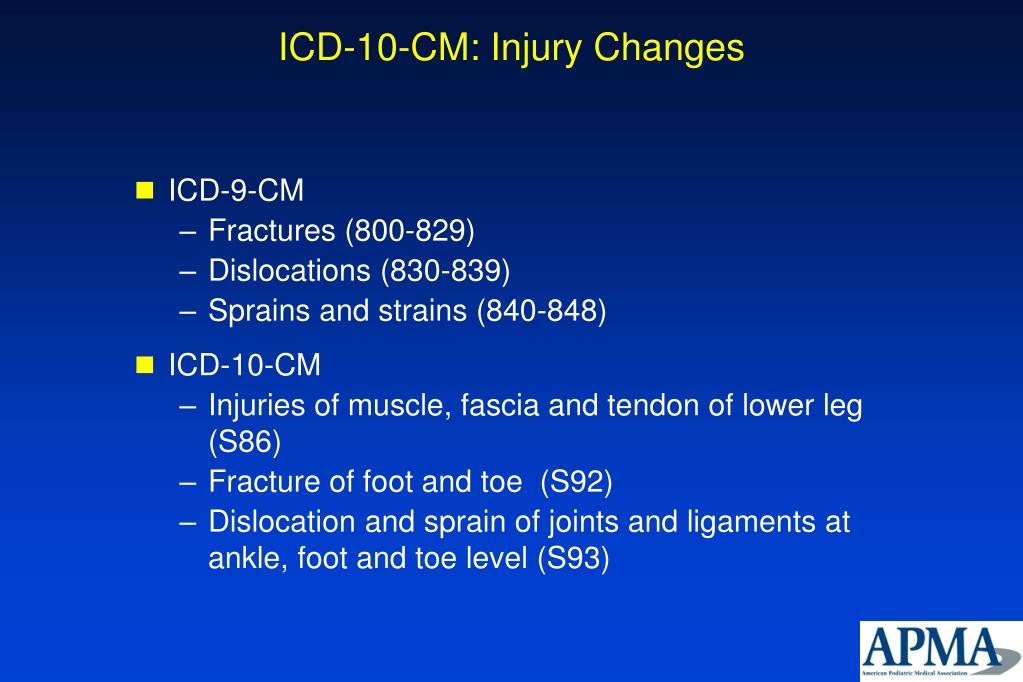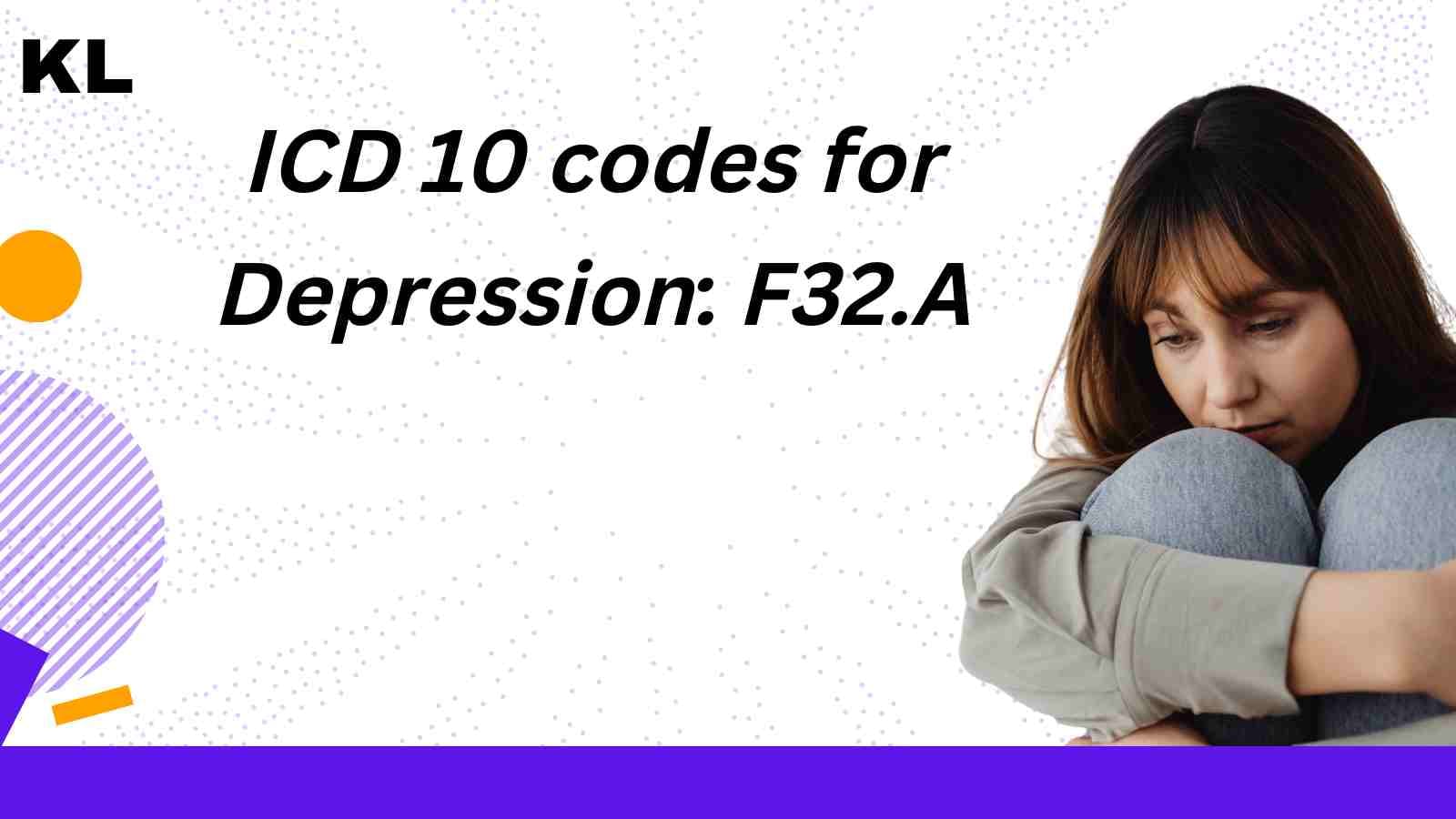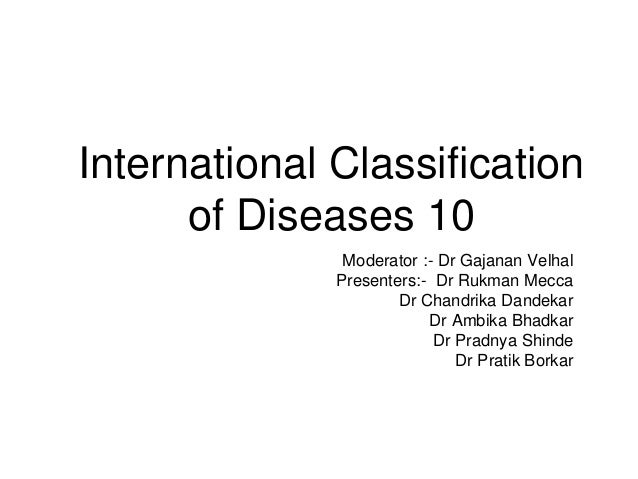

making the bedroom “sleep friendly,” such as dark, quiet, and an appropriate temperature.exercising regularly but not close to bedtime and.avoiding caffeine, nicotine, alcohol, and heavy meals late in the day.keeping consistent bedtime and wake-up times.Some insomnia may be treated and resolved by creating good sleep habits, which include the following: No treatment may be necessary for acute insomnia. In addition, the physician may order blood tests to rule out other conditions that could cause the insomnia. The physician may have the patient keep a sleep diary for several weeks to collect more information. To aid in the diagnosis of insomnia, a physician may have the patient complete a questionnaire to obtain information on wake-sleep patterns in addition to a complete medical history and physical examination. Some common conditions that may cause insomnia include Alzheimer’s disease, arthritis, asthma, cancer, depression, gastroesophageal reflux disease, heartburn, heart failure, lung disease, Parkinson’s disease, and stroke. In both of these instances, the underlying condition will be coded and sequenced first.
INSOMNIA UNSPECIFIED ICD 10 CODE
Secondary insomnia is a sleeping problem due to another condition.Ĭode 327.01 is assigned for insomnia due to a medical condition classified elsewhere, and code 327.02 is assigned for insomnia due to a mental disorder. Primary insomnia (307.42) is sleeping problems not directly associated with any other health condition or problem. Insomnia may be described as primary or secondary. Insomnia unspecified is classified to code 780.52, and insomnia with sleep apnea goes to code 780.51. alcohol-induced sleep disorders (291.82) and.Some common causes of insomnia include stress, anxiety, depression, medications, caffeine, nicotine, alcohol, a change in environment or work schedule, and poor sleep habits.Ĭommon insomnia disorders include the following: Some common symptoms of insomnia include difficulty falling asleep, waking up often during the night, trouble getting back to sleep, waking up too early, daytime fatigue or sleepiness, irritability, depression, anxiety, difficulty focusing on tasks, increased errors or accidents, and tension headache. Insomnia is more common in older people due to a change in sleep patterns, a change in activity, a change in health, or an increase in medication usage. Insomnia may affect a person’s energy level, mood, health, work performance, and quality of life. Chronic insomnia occurs at least three times per week for one month or longer. Acute insomnia is generally considered short term, lasting one night to a few weeks. Insomnia can be classified as acute or chronic. In addition, it may take 30 or more minutes to fall asleep at night. However, people with insomnia may get only six or fewer hours of sleep per night three or more times per week. Most people need seven to eight hours of sleep per night. People with insomnia will awaken unrefreshed, which may eventually cause disruption during their day. Some expanded code sets, like ICD-10-CM, have over 70,000 codes.Insomnia is a sleeping disorder that makes it difficult for someone to fall asleep and/or stay asleep. Many more new diagnoses can be tracked using ICD-10 than with ICD-9.

ICD-10 is required for use by physicians and healthcare providers under the Health Insurance Portability & Accountability Act (HIPAA) and will replace all ICD-9 code sets. This medical classification list is generated by the World Health Organization (WHO), and is used to help healthcare providers identify and code health conditions. ICD-10 codes are the byproduct of that revision. ICD (International Statistical Classification of Diseases and Related Health problems) is now on its 10th revision.

Its corresponding ICD-9 code is 780.52.Ĭode G47.00 is the diagnosis code used for Insomnia, Unspecified, also known as Sleep state misperception (SSM). ICD-Code G47.00 is a billable ICD-10 code used for healthcare diagnosis reimbursement of Insomnia, Unspecified. ICD-10 Code: G47.00 – Anxiety Insomnia, Unspecified


 0 kommentar(er)
0 kommentar(er)
